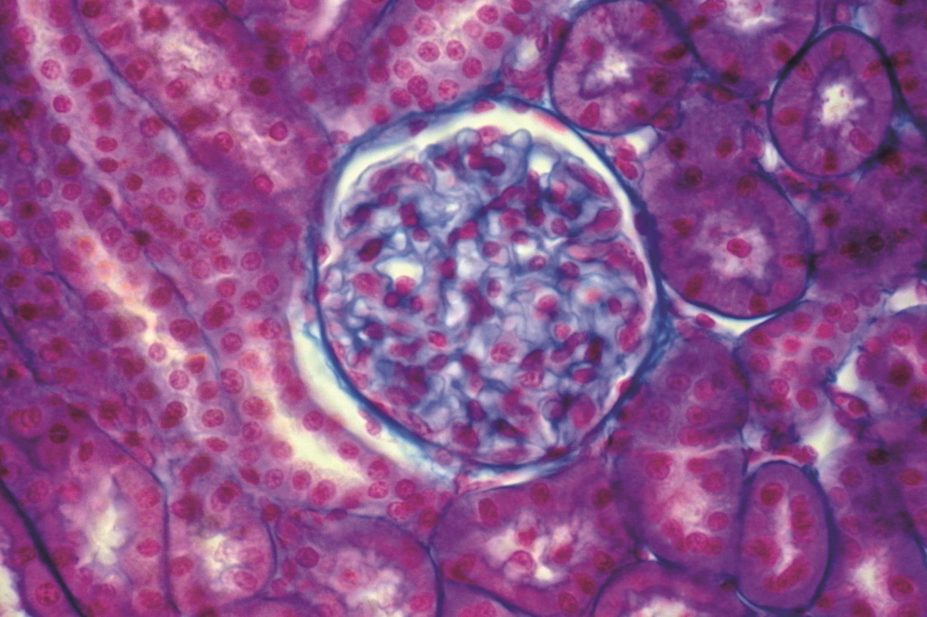
Shutterstock.com
Patients with chronic kidney disease usually have high levels of protein in their urine. This is effectively treated with a renin-angiotensin system blocker combined with a mineralocorticoid receptor antagonist. However, available therapies are underused because of an increased risk of high blood potassium levels (hyperkalemia).
But now a new option looks promising, based on positive results with a nonsteroidal mineralocorticoid receptor antagonist, finerenone (BAY94-8862). In an international study sponsored by Bayer, diabetic patients with high or very high albuminuria (n=823) taking an angiotensin-converting enzyme inhibitor or an angiotensin receptor blocker were randomly assigned to also receive finerenone or placebo.
As reported in JAMA (online, 1 September 2015)[1]
, finerenone reduced urinary albumin-creatinine ratio at day 90 versus placebo and hyperkalemia only occurred in 0–3.2% of finerenone-treated patients. A longer-term study will be carried out to investigate clinical endpoints.
References
[1] Bakris GL, Agarwal R, Chan JC et al : Mineralocorticoid receptor antagonist tolerability study–diabetic nephropathy (ARTS-DN) study group. Effect of finerenone on albuminuria in patients with diabetic nephropathy: a randomized clinical trial. JAMA 2015;314(9):884–894. doi: 10.1001/jama.2015.10081.


